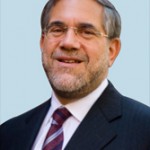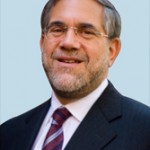By Elise B. Robinson, Benjamin M. Neale, and Steven E. Hyman | Current Opinion in Pediatrics | September 18, 2015
Abstract:
Purpose of review: The recent explosion of genetic findings in autism spectrum disorder (ASD) research has improved knowledge of the disorder’s underlying biology and etiologic architecture. This review introduces concepts and results from recent genetic studies and discusses the manner in which those findings can influence the trajectory of ASD research.
Recent findings: Large consortium studies have associated ASDs with many types of genetic risk factors, including common polygenic risk, de novo single nucleotide variants, copy number variants, and rare inherited variants. In aggregate, these results confirm the heterogeneity and complexity of ASDs. The rare variant findings in particular point to genes and pathways that begin to bridge the gap between behavior and biology.
Summary: Genetic studies have the potential to identify the biological underpinnings of ASDs and other neuropsychiatric disorders. The data they generate are already being used to examine disease pathways and pathogenesis. The results also speak to ASD heterogeneity and, in the future, may be used to stratify research studies and treatment trials.


 Steven Hyman
Steven Hyman

